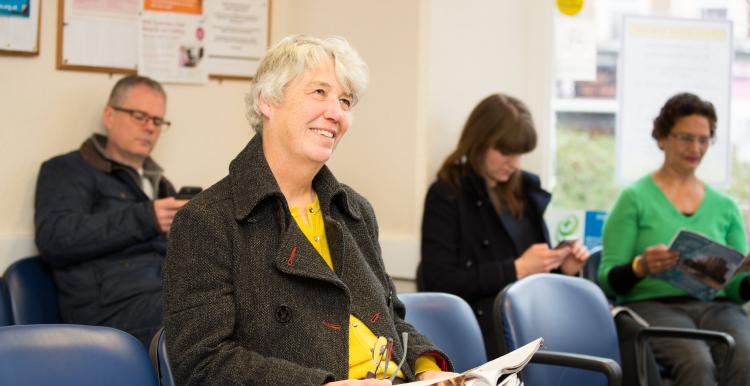Norovirus advice

The advice comes at a time when levels of norovirus across the South West are increasing. An outbreak at one local hospital earlier this year was directly linked to a family member who had recently been unwell with the virus and had continued to visit despite being likely to still be infectious.
Suzanne Golding-Ellis Lead Infection Control Nurse in North Somerset, said:
“Anyone with diarrhoea and vomiting should wait at least 48 hours after the symptoms have stopped before visiting hospitals as the virus can spread easily from one person to another. This can have serious implications for vulnerable patients who are already unwell. We know people feel guilty if they don’t visit a friend or relative in hospital. However we want to get the message across that you are doing the right thing for patients by staying away until 48 hours after any norovirus symptoms disappear.”
Symptoms of norovirus include a sudden onset of nausea (feeling sick), vomiting, diarrhoea, stomach pains or cramps, headaches, fever and tiredness.
Although having norovirus can be unpleasant, it’s not usually dangerous for people who generally have good health and most people make a full recovery within a couple of days without having to see their GP. It can, however, be more serious for patients who are already weak and may result in them having to stay in hospital for longer.
Outbreaks of norovirus in public places, such as hospitals, nursing homes, schools and nurseries, are common because the virus can survive for several days on surfaces or objects touched by an infected person. Children with norovirus should therefore stay at home until at least two days after they are symptom free. This helps prevent them from spreading the virus to classmates, including other children with serious health conditions who may be more vulnerable to infection.
Natalie Field, North Somerset Council’s Interim Director of Public Health said:
“There are simple measures that you can take to avoid catching or spreading the virus, wash your hands regularly with soap and water, avoid sharing towels and ensure you disinfect surfaces that an infected person may have touched.”
While you have symptoms you should not prepare food for others and avoid direct contact with others for at least 48 hours after your symptoms disappear. You should also drink plenty of fluids to avoid becoming dehydrated. If symptoms last longer than a few days or if you already have a serious illness you should contact your GP.
Jacqui Chidgey-Clark, Director of Nursing at North Somerset CCG, speaking on behalf of the NHS across Bristol, North Somerset and South Gloucestershire:
“We are hearing reports of increasing numbers of cases of norovirus across the area, which can cause additional pressures in our busy hospitals if the virus is spread to patients on our wards. We are therefore taking precautionary measures and advising people, particularly parents of young children, to remain at home to fully recover, if they have symptoms of Norovirus. If you are unsure of your symptoms and want healthcare advice, then call NHS 111 in the first instance for free healthcare advice and signposting.”
Visit the NHS Choices website to find out more (www.nhs.uk/conditions/Norovirus/Pages/Introduction.aspx)


